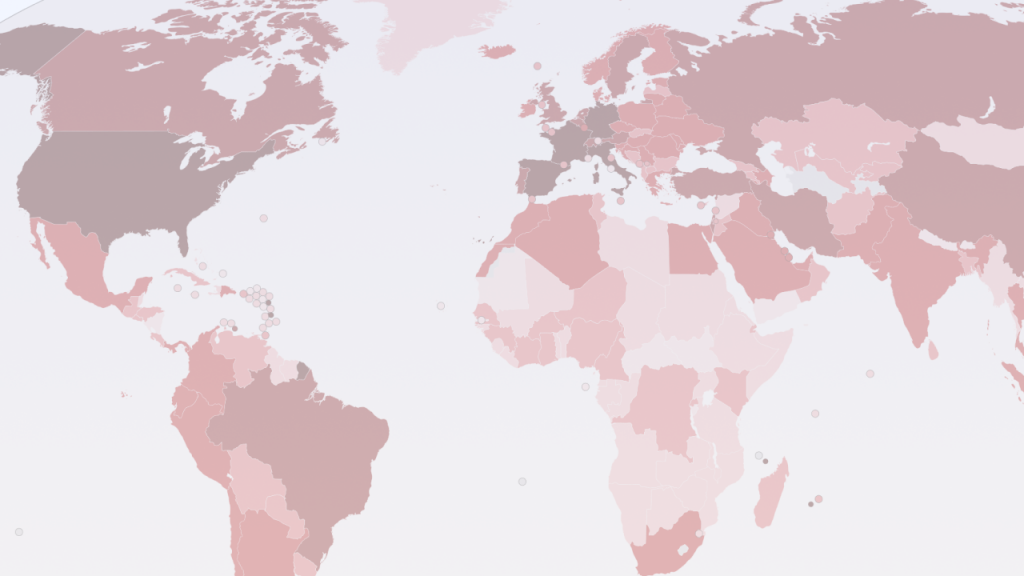MQR is bringing you dispatches from contributors and friends of the journal around the world, sharing the particularities of how the COVID-19 virus has impacted their communities (both literary and geographical). Thank you to our contributors for their willingness to share their thoughts with us.
Your Day and Your Life are One and the Same
Al-Niffari, a lesser-known Arab mystic from a thousand years ago writes, a cure carries a stream of pain. I had been translating him into Persian and English for the past year with my distinguished Arab-Iranian co-translator and poet, Maryam Haidari, who lives in Tehran. When the Americans reneged on the Iran nuclear deal and instead ramped up their economic sanctions, one of the first people to feel the burden was Maryam, who received a liver transplant four years ago. The cost of her maintenance medicine increased tenfold overnight. Now, with the onset of the epidemic swiftly turning Iran into one of the major hubs of the disease, her life had to be confined indoors long before anybody else’s. Meanwhile, we continued to translate from the astoundingly concise classical Arabic of Al-Niffari: يوُمك هو عمرُك. Your day and your life are one and the same. Me, stuck and translating from New York, unable to reach home for the start of spring and the Persian new year, and Maryam caged in Tehran – two epicenters of a pestilence that knows nothing about sanctions or unrelenting hostility between two obstinate nations.
As the weeks of the disease bled into one another, I sat helplessly alone in Harlem, hanging onto news of friends and even a former lover in the grip of the virus two continents away. Like always, everything having to do with Iran had already turned political. For a while the usual suspects in the media went into hyperdrive, this time blaming Iran for the spread of the disease beyond its borders. Mismanagement and non-transparency of the Islamic Republic were said to be special culprits, and perhaps to a degree, these accusations were not entirely unwarranted. Still, Iranian opposition satellite TV in America and Europe was almost ecstatic in its depiction of the Iranian regime mishandling the coronavirus, the television announcers gloating a little more over Iran’s failure to control the virus’s spread with each fresh body count. So, the eve of what was to have been every Persian’s most festive two-weeks of the year came with a gut punch this year. How to celebrate on the heels of the American assassination of a prominent Iranian military general in Baghdad and the mistaken downing of a passenger plane above Tehran in its aftermath? Except now we also had to contend with mass graves for the coronavirus dead and severe shortages of equipment and medicine because of the economic sanctions.
No wonder then that I sensed from people all over the Middle East something akin to “now you know how we feel” when the virus began to tsunami its way westwards – Europe first and then the explosion in the US, particularly New York. An Afghan friend who had been battling fever and chest tightness in her confined room while her young son waited outside her door for 26 days, wrote, “Americans don’t know how it feels to collect body parts. I’ve been doing it all my life, often thanks to them. I hope this thing goes away here, and there, and afterwards all of us everywhere can be a little more human toward each other. You know, Afghans too have to stand in bread lines six-feet apart, just like Americans, now.”
Another friend’s father succumbed to the disease just yesterday. Not in Tehran, not in Kabul, and not in Beirut or Baghdad. But rather right here, in New York. I aim to pass under Retha’s window later today and simply wave, and hopefully see her and her children wave back at me, because, as Al-Niffari says in his inimitable and delicious convolutions, seeing is absence.




